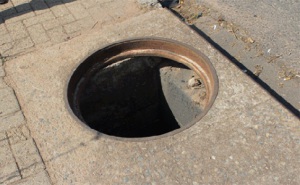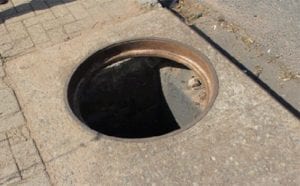
The City of Cape Town has been hard hit by utility infrastructure theft losing R30 million between July and December 2015.
Far reaching effects
In an effort to curb these activities, the City has performed 618 inspections of scrap yards and bucket shops, and has started replacing stolen manhole covers with alternative materials such as ductile-iron and polymer plastic which have little to no scrap value.“The cost of this theft is not limited to repairing or replacing the infrastructure. In the case of our electricity network, theft also causes repeated blackouts, which affects local business and industry. The theft of manhole covers is also a major contributor to blocked sewers because inappropriate items can then enter the system more easily, says Ernest Sonnenberg the City’s Mayoral Committee Member for Utility Services.
“The theft of water meters and fire hydrants and the resultant leaks also contribute significantly to water losses. At a time when the region is experiencing reduced rainfall, we can ill-afford to waste a single drop. It is therefore especially important that residents act decisively against these criminal elements within their community.”





